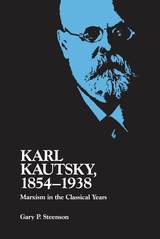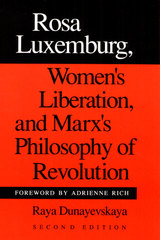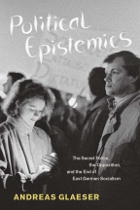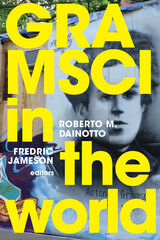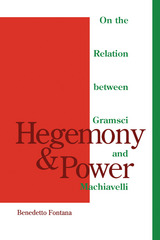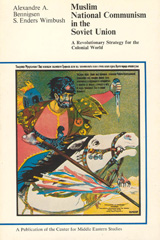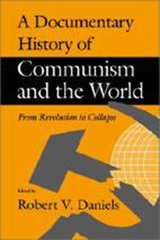Leninism
Duke University Press, 1996
eISBN: 978-0-8223-8273-7 | Paper: 978-0-8223-1867-5 | Cloth: 978-0-8223-1875-0
Library of Congress Classification HX311.5.H37 1996
Dewey Decimal Classification 335.43
eISBN: 978-0-8223-8273-7 | Paper: 978-0-8223-1867-5 | Cloth: 978-0-8223-1875-0
Library of Congress Classification HX311.5.H37 1996
Dewey Decimal Classification 335.43
ABOUT THIS BOOK | AUTHOR BIOGRAPHY | REVIEWS | TOC | REQUEST ACCESSIBLE FILE
ABOUT THIS BOOK
In this volume, Neil Harding presents the first comprehensive reinterpretation of Leninism to be produced in many years. Challenging much of the conventional wisdom regarding Leninism’s effectiveness as a mobilizing body of ideas, its substance, and its origins and evolution, Harding offers both a controversial exposition of this ideology and a critical engagement with its consequences for the politics of contemporary communism.
Rather than tracing the roots of Leninism to the details of Lenin’s biography, Harding shows how it emerged as a revolutionary Marxist response to the First World War and to the perceived treachery—the support of that war—by social democratic leaders. The economics, politics, and philosophy of Leninism, he argues, were rapidly theorized between 1914 and 1918 and deeply imprinted with the peculiarities of the wartime experience. Its complementary metaphysics of history and science was as intrinsic to its confidence and sureness of purpose as it was to its contempt for democratic practice and tolerance. But, as Harding also shows, although Leninism articulated a complex and coherent critique of capitalist civilization and held a powerful appeal to a variety of constituencies, it was itself caught in a timewarp that fatally limited its capacity to adapt. This book will engage not only Russian and Soviet specialists, but also readers concerned with the varieties of twentieth-century socialism.
Rather than tracing the roots of Leninism to the details of Lenin’s biography, Harding shows how it emerged as a revolutionary Marxist response to the First World War and to the perceived treachery—the support of that war—by social democratic leaders. The economics, politics, and philosophy of Leninism, he argues, were rapidly theorized between 1914 and 1918 and deeply imprinted with the peculiarities of the wartime experience. Its complementary metaphysics of history and science was as intrinsic to its confidence and sureness of purpose as it was to its contempt for democratic practice and tolerance. But, as Harding also shows, although Leninism articulated a complex and coherent critique of capitalist civilization and held a powerful appeal to a variety of constituencies, it was itself caught in a timewarp that fatally limited its capacity to adapt. This book will engage not only Russian and Soviet specialists, but also readers concerned with the varieties of twentieth-century socialism.
See other books on: 1870-1924 | Communism | Lenin, Vladimir Il§ich | Lenin, Vladimir Ilʹich | Leninism
See other titles from Duke University Press

